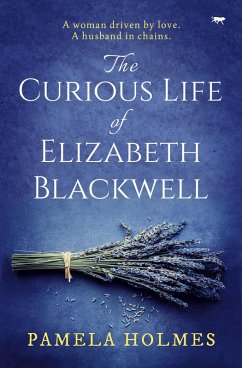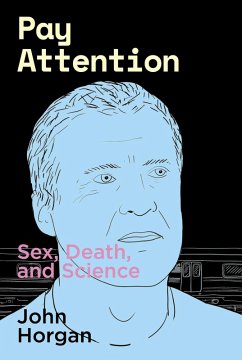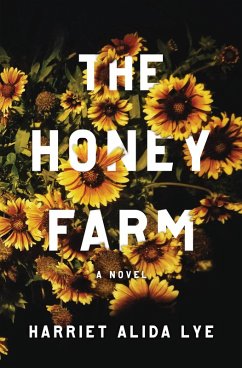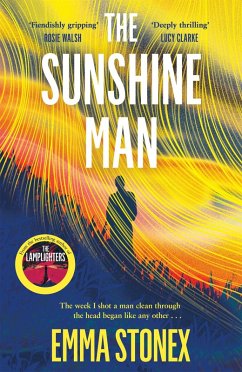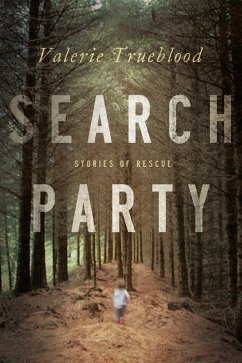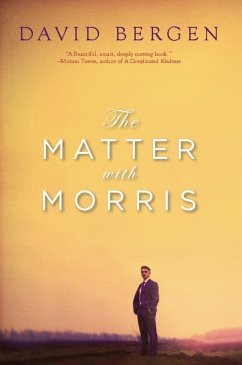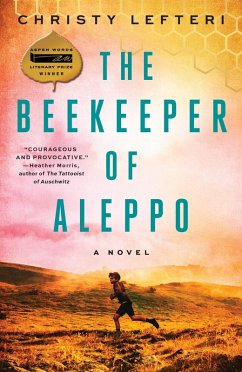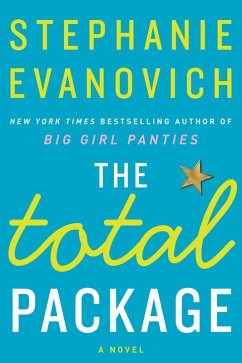
Total Loss Farm: A Year in the Life (eBook, ePUB)

PAYBACK Punkte
4 °P sammeln!
In making her selection for Pharos Editions, Dana Spiotta tells us how drawn she was by the work of Raymond Mungo. "[He] writes . . . about his own joy and his own pain, he is particularly good when he describes the land around him and how it feels on his body." Indeed, if Henry David Thoreau had downed a handful of liberty caps before penning Walden it would have read much like Mungo's Total Loss Farm, a rollicking memoir of the late 1960's backtotheearth movement. Written in a limber prose style formed by the tempo of the times, Mungo takes us into the cultural tsunami of a failed radical po...
In making her selection for Pharos Editions, Dana Spiotta tells us how drawn she was by the work of Raymond Mungo. "[He] writes . . . about his own joy and his own pain, he is particularly good when he describes the land around him and how it feels on his body." Indeed, if Henry David Thoreau had downed a handful of liberty caps before penning Walden it would have read much like Mungo's Total Loss Farm, a rollicking memoir of the late 1960's backtotheearth movement. Written in a limber prose style formed by the tempo of the times, Mungo takes us into the cultural tsunami of a failed radical politics as it broke on the shoals of a drugfueled personal freedom and washed inland across the farmlands of Vermont, leaving a trail of damage and redemption in its wake. Total Loss Farm attracted widespread critical and commercial attention in 1970, when the "backtotheland" hippie commune movement first emerged. The book's first section, "Another Week on the Concord and Merrimack Rivers," appeared as the cover article in the May 1970 issue of Atlantic Monthly. The hardcover first edition from Dutton was quickly followed by paperback editions from Bantam, Avon, and Madrona Publishers, keeping the book in print for several decades. Very recently, Dwight Garner in the New York Times Book Review cited Total Loss Farm as "the best and also the loopiest of the commune books."
Dieser Download kann aus rechtlichen Gründen nur mit Rechnungsadresse in A, B, BG, CZ, D, DK, EW, E, FIN, F, GR, HR, H, I, LT, L, LR, NL, PL, P, R, S, SLO, SK ausgeliefert werden.




